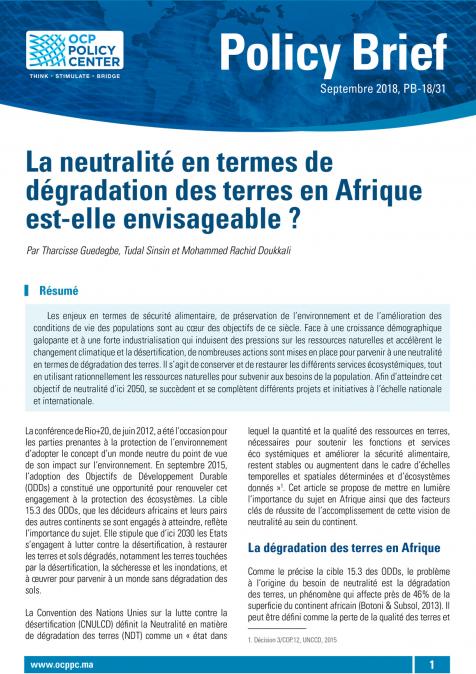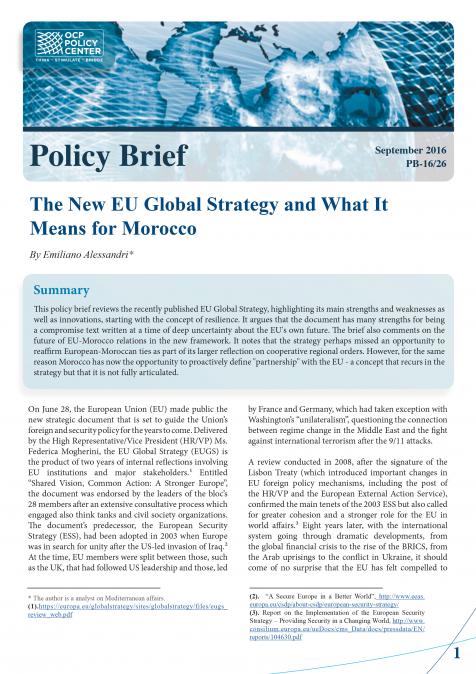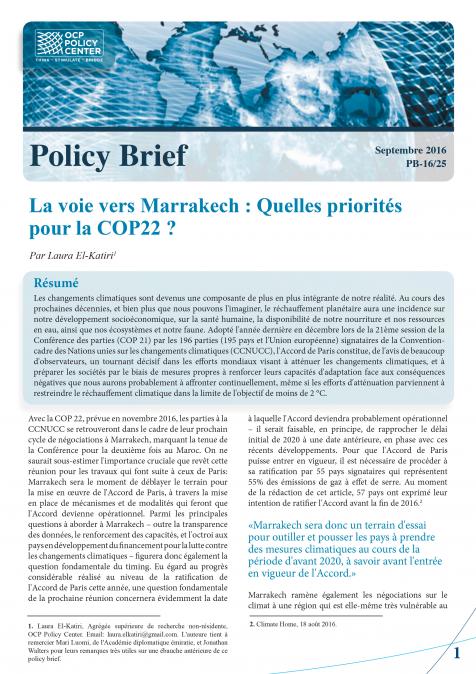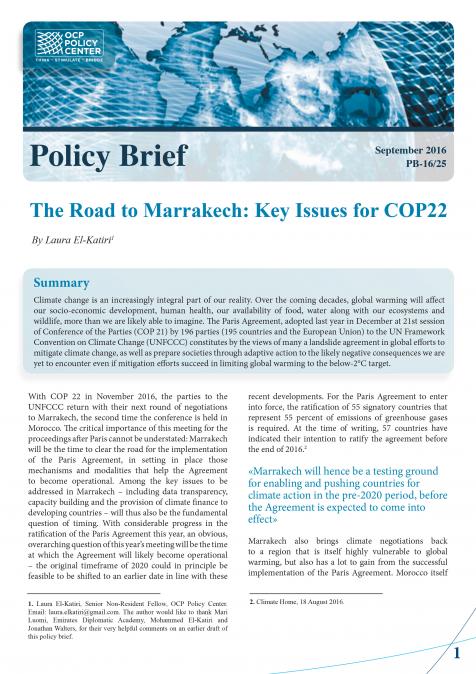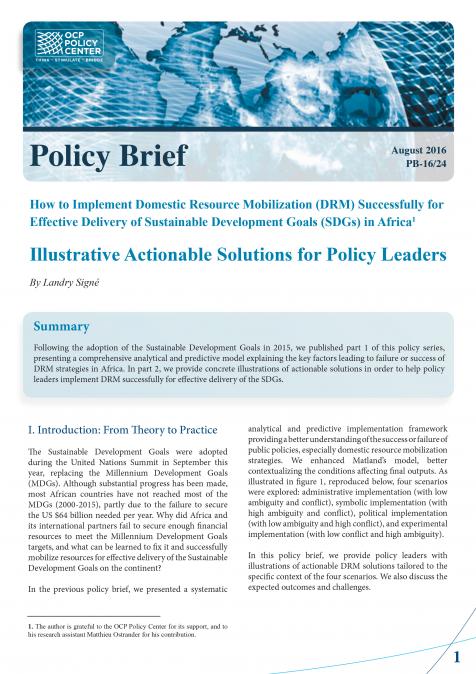Publications /
Policy Brief
Les enjeux en termes de sécurité alimentaire, de préservation de l’environnement et de l’amélioration des conditions de vie des populations sont au cœur des objectifs de ce siècle. Face à une croissance démographique galopante et à une forte industrialisation qui induisent des pressions sur les ressources naturelles et accélèrent le changement climatique et la désertification, de nombreuses actions sont mises en place pour parvenir à une neutralité en termes de dégradation des terres. Il s’agit de conserver et de restaurer les différents services écosystémiques, tout en utilisant rationnellement les ressources naturelles pour subvenir aux besoins de la population. Afin d’atteindre cet objectif de neutralité d’ici 2050, se succèdent et se complètent différents projets et initiatives à l’échelle nationale et internationale.

